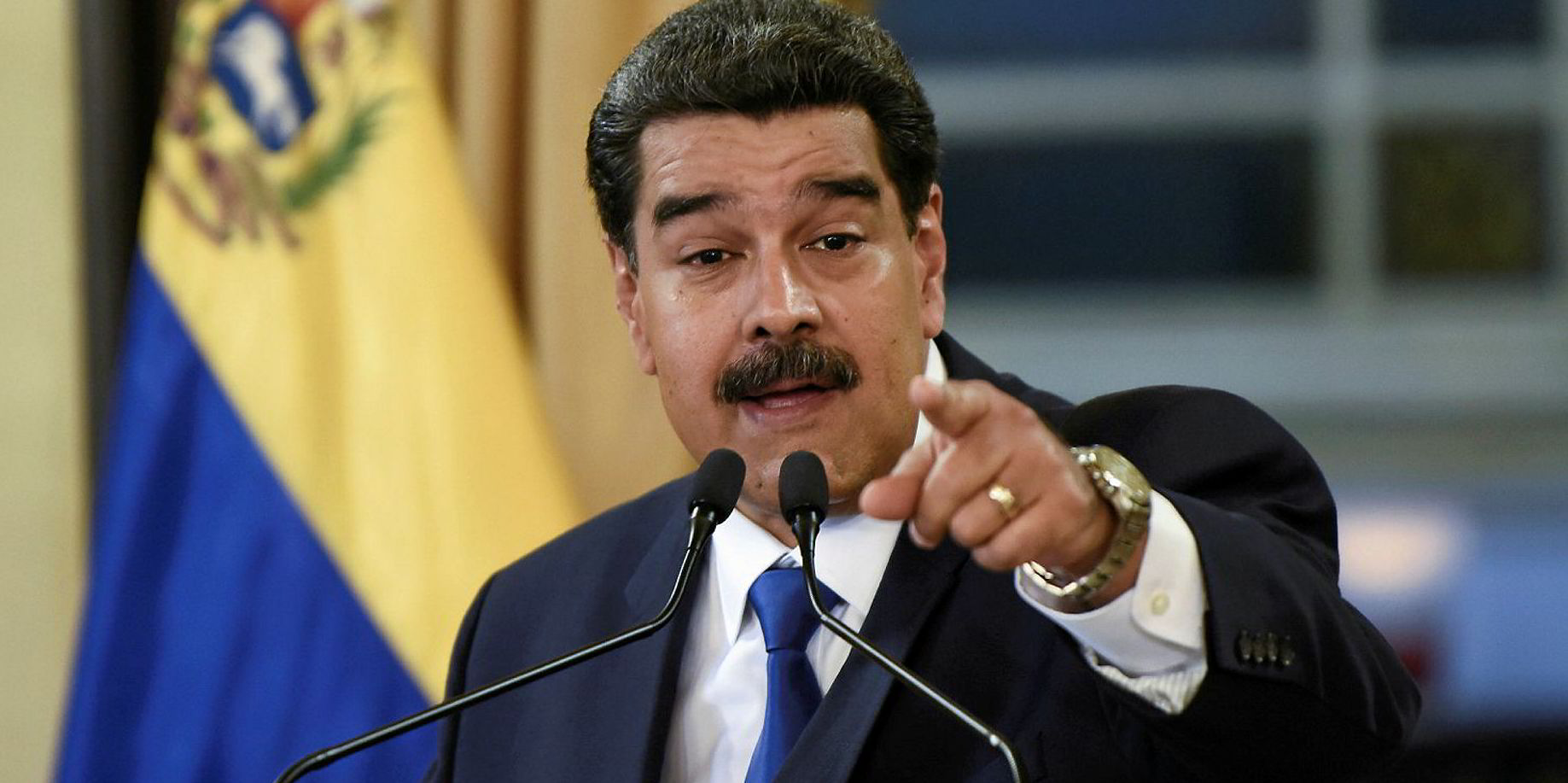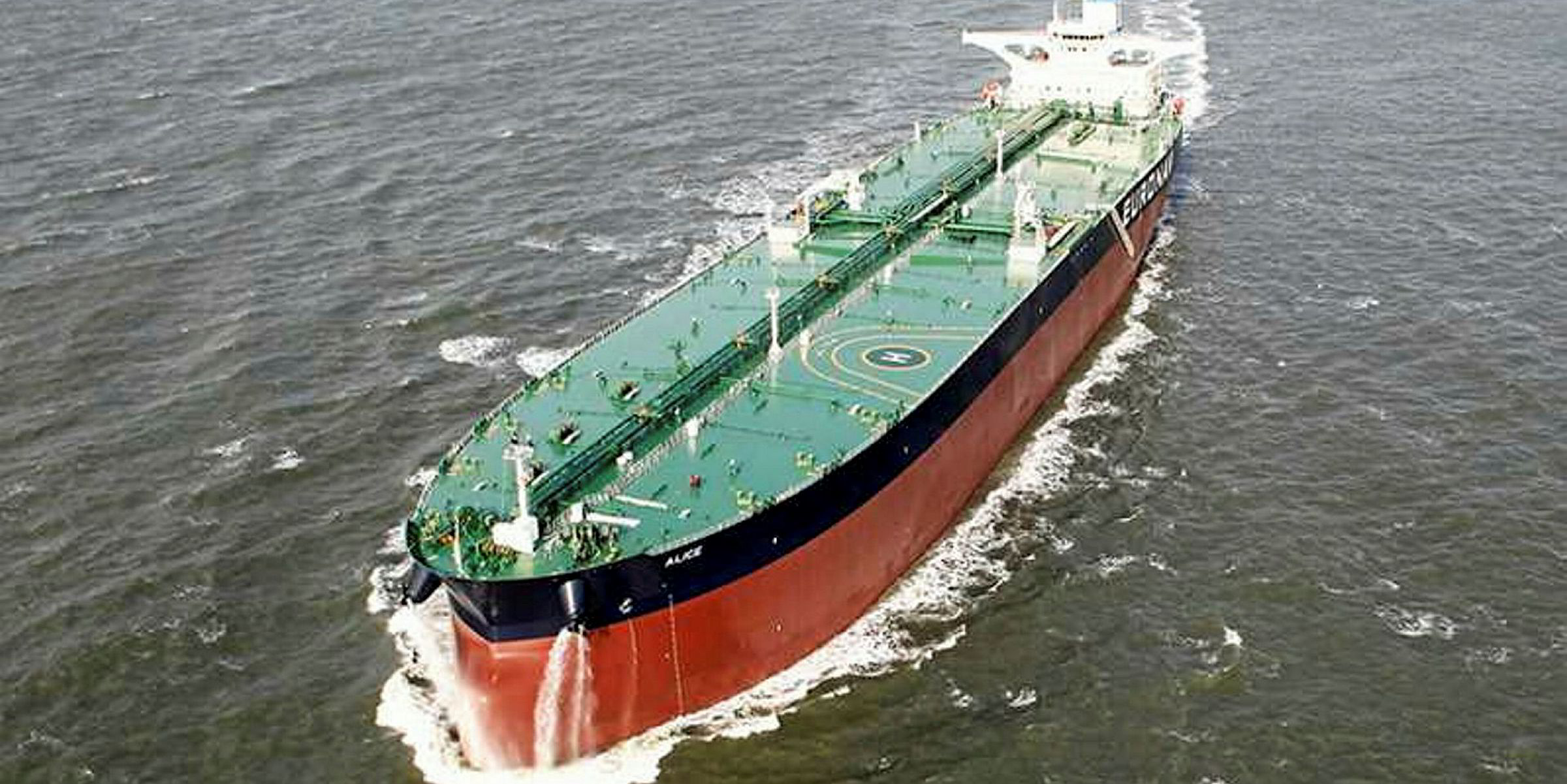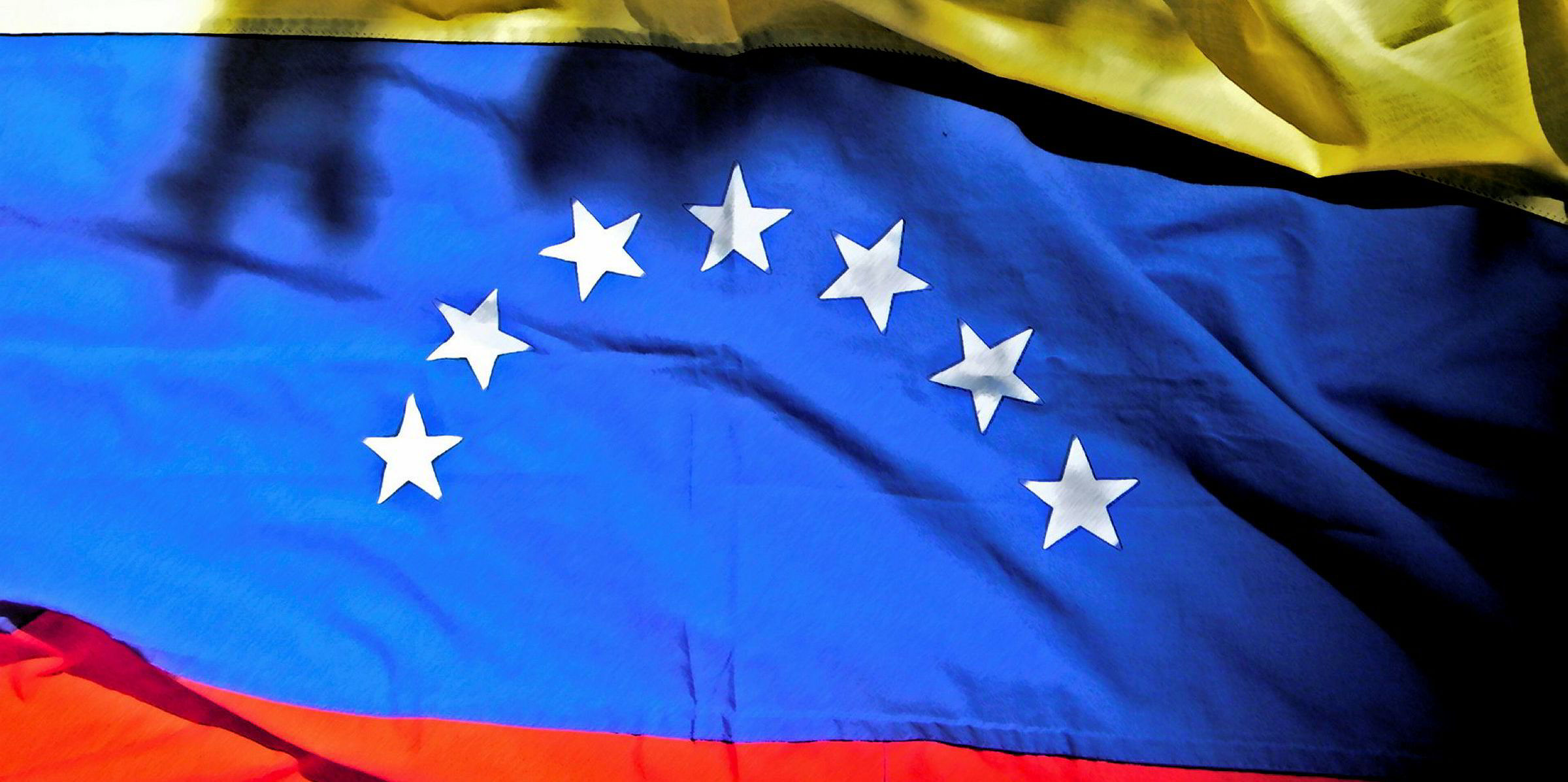Product tanker flows to Venezuela have nearly stopped after the US, its main supplier of clean petroleum products, imposed sweeping sanctions on the country's oil sector at the end of January.
According to ClipperData, the only shipment recorded for February so far is from the St Eustatius terminal in the eastern Caribbean, where state-owned oil and natural gas company Petroleos de Venezuela SA (PDVSA) stores oil, from which 322,000 barrels of ethanol have been transported to Venezuela.
This is a far cry from January, when the country imported a record 82,000 barrels per day (bpd) of middle distillates and 206,000 bpd of gasoline and blending components, ClipperData suggests.
Kpler, another cargo-tracking firm, presents slightly different figures but similar trends. Its analysts expect Venezuela’s imports of refined products to drop to 48,500 bpd in February — a 77% fall from 207,000 bpd last month.
Further downwards correction is possible, according to Kpler, which warns that five MRs destined for Venezuela as per AIS signals and fixtures could be diverted. Three of them are carrying cargoes from the US, one is carrying Spanish gasoline and one Bahamian products.
The drying-up of clean tanker traffic reflects the reluctance of fuel suppliers to continue sales to Venezuela, where the US and more than a dozen European countries have opposed President Nicolas Maduro and called for fresh elections.
Grace period
Theoretically, Washington has granted a grace period to US entities to wind down their sales to PDVSA, except for exports of heavy naphtha used as diluents for Venezuela’s extra-heavy crude, which are banned.
European firms are not directly facing sanctions and may seek to reduce their trading risks by dealing in non-US currencies.
However, so far few have been willing to continue to ship petroleum products to Venezuela, bringing the once-buoyant trade to a halt.
Venezuela received 248 shipments in the year to 12 February, of which 179 were on MRs, 62 on LR1s and seven on LR2s, according to VesselsValue. Most of them were from the US. European and Caribbean countries made up the rest.
The country will probably need to seek products from farther afield, while paying premium freight rates to shipowners willing to engage in the Venezuelan trade, according to Gibson Shipbrokers.
If all fails, it is expected to face a shortage of diluents, which analysts say could result in a 300,000-bpd reduction of domestic crude production, as well as an even worse national fuel crisis.
“A recent lack of imports mean the country could soon run out of fuel for the domestic market, as well as the naphtha needed to facilitate [crude] exports,” ClipperData geopolitical analyst Amir Richani said. “The lack of clean products imports could lead to a critical situation for the Opec member, though Nicolas Maduro could use the crisis as a way to blame the opposition for the state of affairs.”






